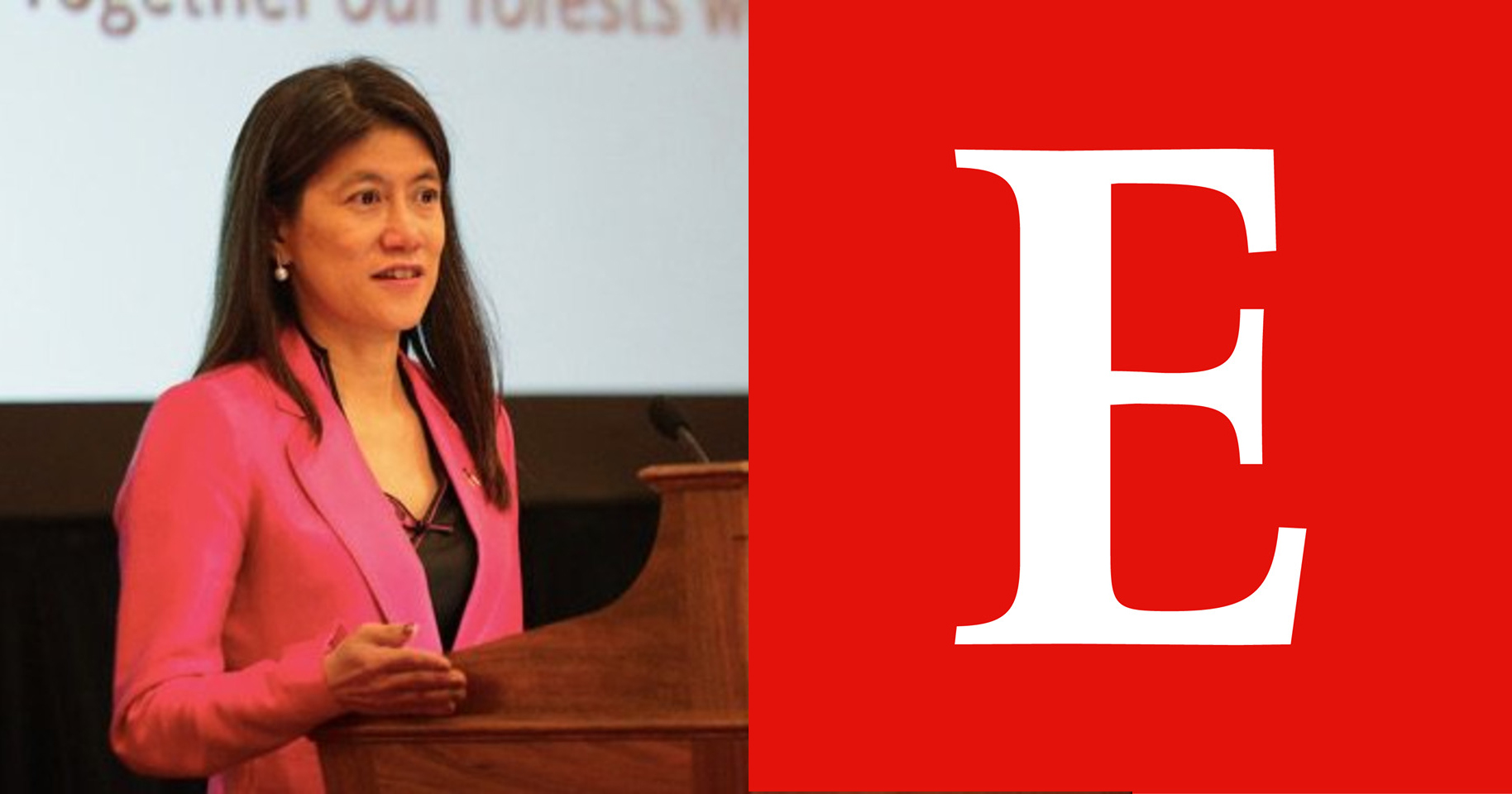Singapore's High Commissioner to the United Kingdom, Foo Chi Hsia, has written a rebuttal letter to The Economist.
This time, it is over a Dec. 7 article by the 176-year-old venerable magazine about Singapore's fake news laws.
The Economist piece was titled, "Singapore strikes its first official blows against fake news".
Foo's main defence of the new fake news law was that it does not limit free speech, but enhances the quality of public discourse.
What The Economist article said?
The Economist article had characterised Singapore's Protection from Online Falsehoods and Manipulation Act (Pofma) as an addition to the Singapore government's "criticism-suppressing arsenal".
It cited two recent cases as examples of how this was so: The first and second time Pofma were put into practice against opposition politician Brad Bowyer, and socio-political website States Times Review, respectively.
First and second use of Pofma
The first use of Pofma was against opposition politician Brad Bowyer, who had questioned the independence and investment decisions of Singapore's sovereign wealth funds.
For Bowyer's case, The Economist wrote that the authorities "seized" on some of the errors in his post, when his main contention "is clearly a subjective matter", as he had questioned if the government's investments were not as well managed as they could be.
The second use of Pofma was against the State Times Review, "a blog which delights in hectoring the Singaporean authorities", and which alleged that the country's elections are rigged and that the next one could "possibly turn Singapore into a Christian state" -- a claim that The Economist itself calls "absurd".
What the rebuttal said
In her letter, Foo said the London-based publication had misrepresented the falsehoods that the government corrected.
She wrote that Bowyer's post was based on false allegations of losses that never occurred, while the States Times Review article had made false claims that the government arrested specific critics, when it didn't.
She also explained that Bowyer's post did not only question the "investment nous of Singapore's sovereign-wealth funds".
Foo then noted that fake news have influenced British politics, "notably in the Brexit campaign", and it was Singapore's duty to make laws to protect itself as it is "an English-speaking, multiracial and multi-religious society open to the world".
Foo wrote: "We have no ambition to set any example for other countries, but neither do we make any apologies for defending our own interests."
You can read the original Dec. 7 Economist article here.
This is Foo's rebuttal in full on Dec. 19:
Free speech in Singapore
Contrary to your report (“False alarm”, December 7th), our Protection from Online Falsehoods and Manipulation Act should be looked at in the same context as our belief in the right of reply, which in our view enhances rather than reduces the quality of public discourse, and strengthens and safeguards proper public accountability that must necessarily underpin democracies. Online posts that have been corrected remain available in full, but with links to the government’s response appended. Readers can see both and decide for themselves which is the truth. How does twinning factual replies to falsehoods limit free speech?
You also misrepresented the falsehoods that the government corrected. One post not only accused the government of rigging elections and conspiring to convert Singapore into a Christian theocracy, but also made false claims that it had arrested specific critics. Another did not only question the “investment nous of Singapore’s sovereign-wealth funds”, but based this on false allegations of losses that never occurred. The Economist itself recognises how serious a problem online falsehoods are, for example in “Anglichanka strikes again” (April 21st 2018). Fake stories have influenced British politics, notably in the Brexit campaign. Legislatures around the world have been grappling with this problem.
Singapore, a small English-speaking, multiracial, multi-religious city-state open to the world, is more vulnerable than most to this threat. Having observed in Britain and elsewhere the cost of doing nothing, we decided to act. Singapore’s laws are designed to meet our own context and needs. We have no ambition to set any example for other countries, but neither do we make any apologies for defending our own interests.
Foo Chi Hsia
High commissioner for Singapore
London
If you like what you read, follow us on Facebook, Instagram, Twitter and Telegram to get the latest updates.
